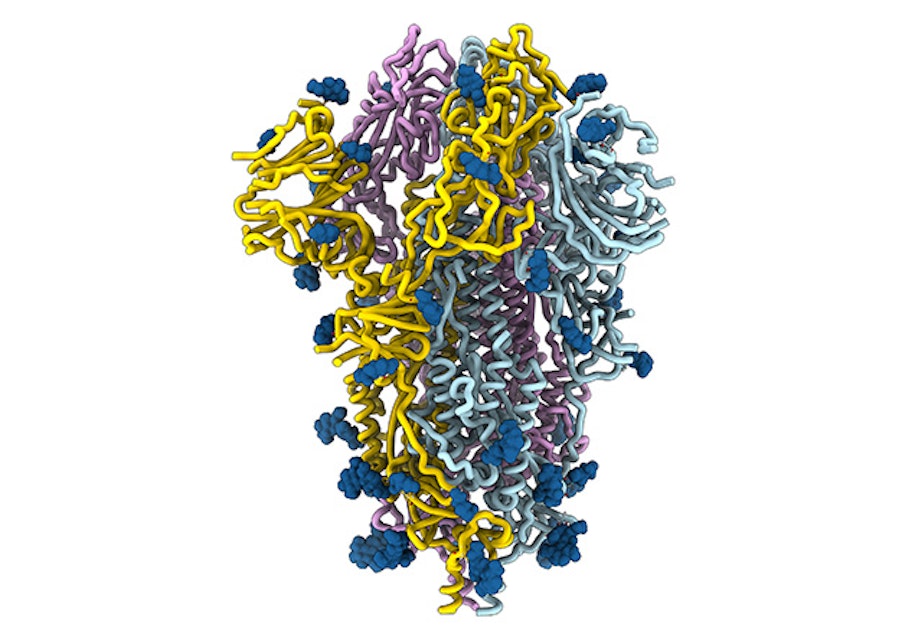Antibodies from the 2003 SARS outbreak might help protect against Covid-19

New findings indicate that an antibody produced during recovery from the Severe Acute Respiratory Syndrome (SARS) outbreak in 2003 might provide protection against the novel coronavirus.
The antibody could be used to develop treatments for Covid-19.
Researchers at the University of Washington School of Medicine say they've discovered that the antibody, called S309, inhibits the 2019 novel coronavirus and other coronavirus strains.
The findings, published in the scientific journal Nature, were made while analyzing a blood sample from a patient who recovered from the SARS pandemic 17 years ago.
The S309 antibody, researchers say, is particularly effective for targeting and disabling the SARS-CoV-2-spike protein, which the novel coronavirus uses to invade the body's cells. In other words, antibodies from the 2003 virus have the potential to knock down the 2019 novel coronavirus' ability to spread inside the body.
It is not yet known if this will happen in humans, however. More research is needed before concluding just how defensive the antibody might be against Covid-19 outside of a lab setting.
Dr. Herbert Virgin is Executive Vice President of Research and Chief Scientific Officer at the San Francisco-based company Vir Biotechnology. The new findings suggest that "even as SARS-CoV-2 continues to evolve, it may be quite challenging for it to become resistant to the neutralizing activity of S309," Virgin said in a press release.
Sponsored
"We still need to show that this antibody is protective in living systems, which has not yet been done," said Dr. David Veesler, assistant professor with the University of Washington's Department of Biochemistry in a press release.
Vir Biotechnology says it's advancing two clinical trial candidates for potential S309-based Covid-19 therapeutics.




